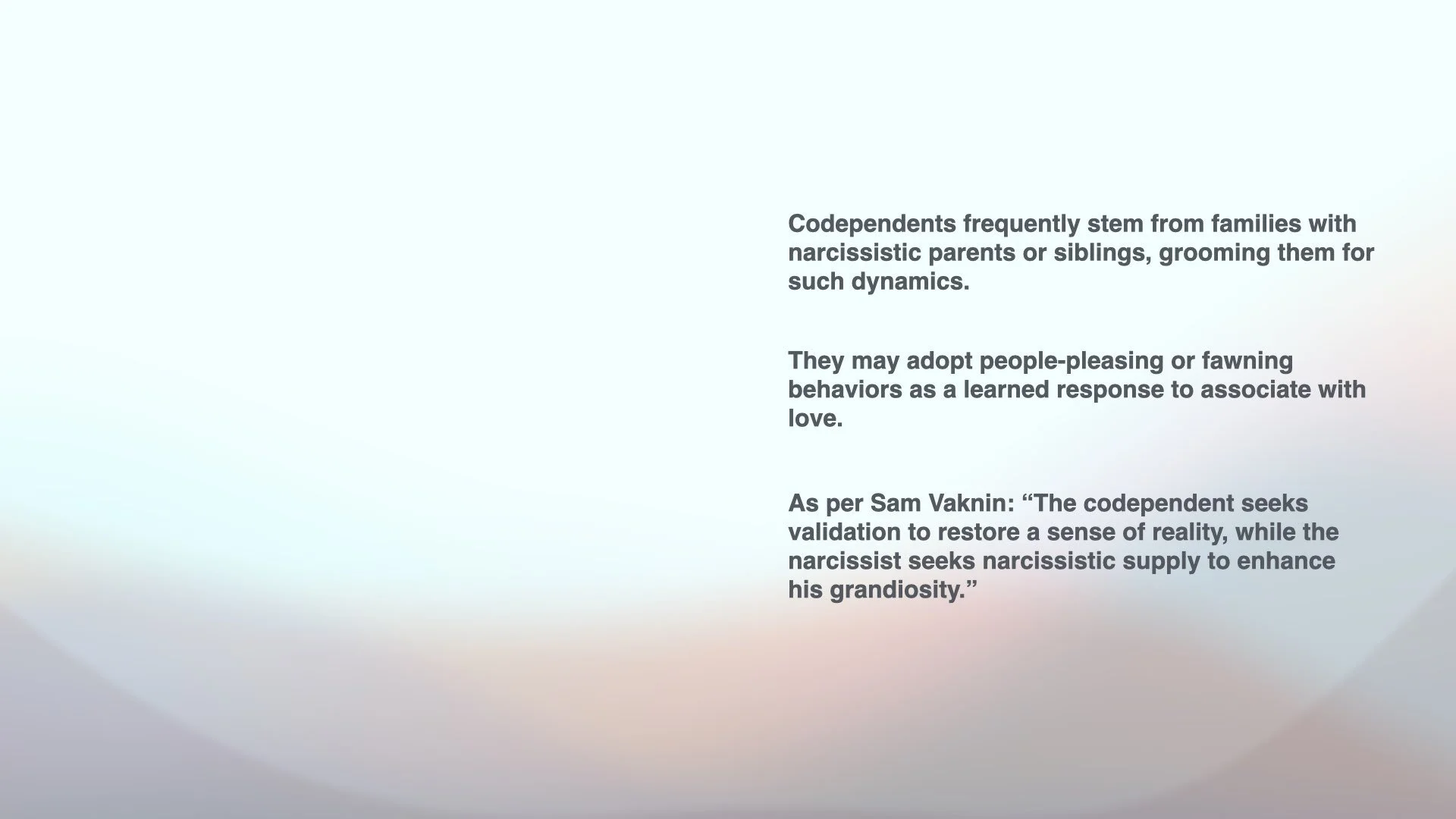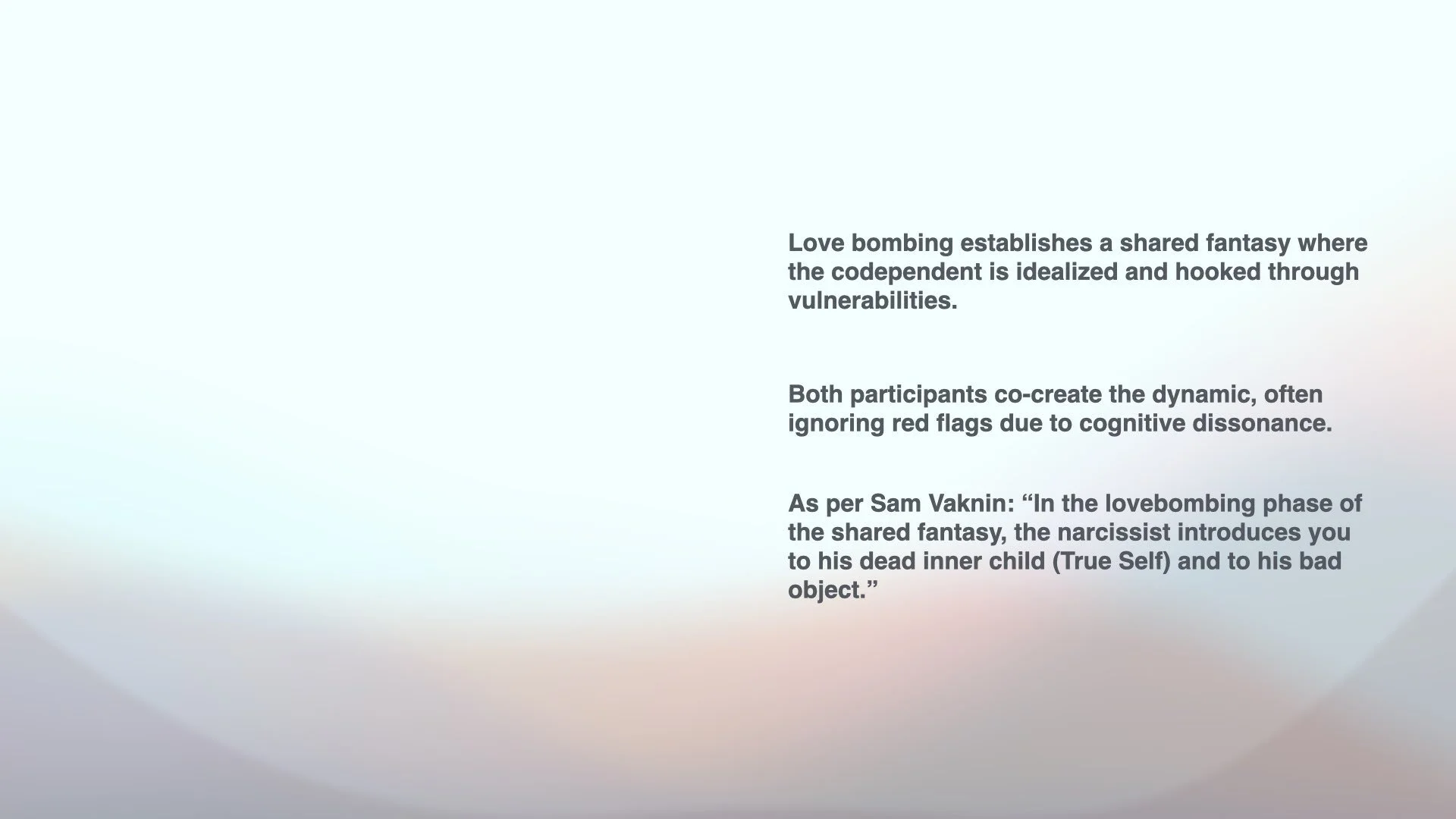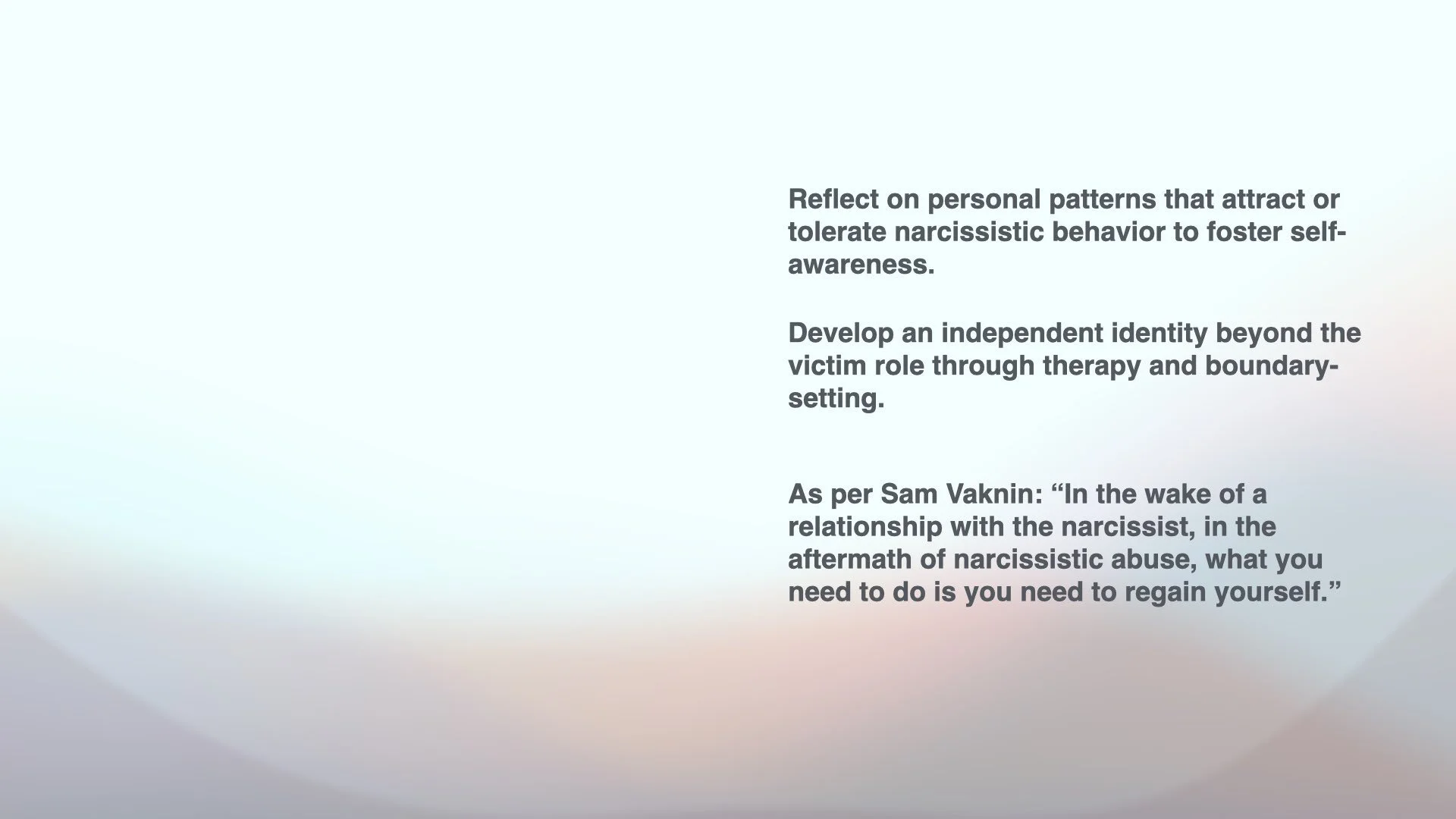Narcissistic Memory Loss: Gaslighting and Its Impact on Scapegoats in Family Dynamics
Understanding Narcissistic Memory Gaps
Narcissistic parents often exhibit faulty memory of the past, gaslighting their children about what truly happened in certain situations. I recently came across a video by Sam Vaknin (Sam Vaknin's YouTube Channel), where he discusses how narcissists may experience up to 80% memory loss, alongside intact semantic memory. This allows them to function in society—becoming doctors or lawyers, for instance—and retain skills for daily operations. However, when it comes to their general overview of life, significant memory gaps emerge. This is incredibly confusing for a scapegoat or child, as you hold clear memories from your childhood or even just the last year, yet when you speak to the narcissist, it's as though they operate from a highlight reel with selective memory.
Selective Memory and Ego-Driven Recall
Drawing from my work with at-risk youth over a decade and a half ago, I observed how children in trouble would coincidentally forget certain details—much like narcissists. Narcissists resemble children with not fully formed selves; while children naturally don't remember a lot, adults typically do. For narcissists, this selective memory ties more to their ego and how events reflect on them. You might bring up situations that occurred, and they'll gaslight you as though it never happened. The question arises: Are they intentionally gaslighting, or do major gaps in their thinking play a role? They know what they're doing to some extent and recall what happened, but their memory remains off.
Once you understand that they're acting as children, it becomes clearer that their memory serves to bolster themselves. This can be profoundly confusing for those on the receiving end, as it feels like they want to erase the past, pretend nothing happened, or deny their cruelty. When you raise it, they might say you're misremembering or that it was for your own good. They may acknowledge it to some degree, indicating awareness on one level, but simultaneously gaslight with these memory gaps.
The Role of Grooming in Family Memory Distortion
It's crucial to maintain an inventory of your past and history—know what happened and not allow their lack of memory to distort your own. I've seen cases where an older brother or sister, groomed to emulate the narcissistic parent, adopts similar traits. They might have been different when younger, but as they grow older and spend more time with the narcissist—perhaps after a parent's passing, with the remaining parent grooming the son to provide similar care—they start dressing, looking, and acting like the parent. In such scenarios, they too may exhibit memory loss; you might reference a shared memory, only for them to forget or conflate details, deploying defenses against it.
Non-Continuity of Self in Narcissists
This ties into the narcissist's operation through non-continuity of self. Unlike relatively healthy individuals who maintain a continuity of self—evolving through childhood, teenage years, and adulthood while understanding their progression—narcissists lack this due to their undeveloped self, akin to children. They operate primarily in the moment or present, with short-term memory for main events, but again, it's a highlight reel skewed toward their ego and importance, not an accurate assessment.
According to Sam Vaknin (link to his insights on narcissistic memory), this 80% memory deficit, combined with semantic memory for functional tasks, underscores their fragmented self. For further reading on narcissistic personality dynamics, consider Vaknin's book Malignant Self-Love: Narcissism Revisited (available here).
Recognizing these patterns is key to narcissistic abuse recovery, helping scapegoats reclaim their narrative in family dynamics plagued by gaslighting and selective memory.
Pathways to Recovery and Healing
If you've encountered narcissistic memory loss or gaslighting from a parent or sibling, reflecting on these dynamics can foster healing. For deeper support, download the Reports for The Scapegoat & Narcissistic Abuse Recovery Course + 45pg Healing Toolkit here: https://blaketherapy.ca/the-ultimate-toolkit.







